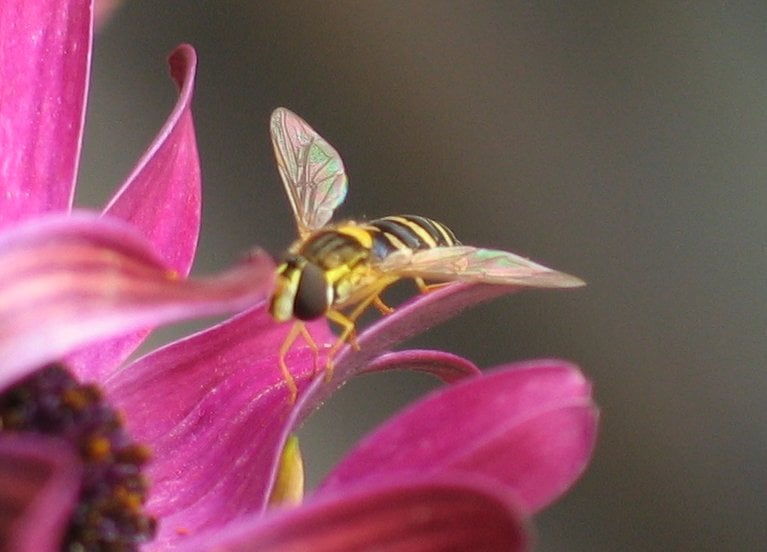When most people think of sustainability in hospitality, they imagine asking guests not to wash their sheets every night and investing in green laundry chemicals. What many hotels miss is that while they are benefitting the environment in their basements and back rooms, there are just as many options topside.
Seven hotels in San Francisco set up beekeeping operations atop their roofs, including the city's Clift Hotel which has over 100,000 bees on rooftop hives. The stability of honey bee hives has been threatened for some time, including being affected the mysterious colony collapse disorder that causes hives to lose crucial adult bees. Threats such as these have reduced the honey bee population across the world, and some hotels are seizing on the opportunity to give back.
Bees use the hairs on their legs to comb the pollen from their bodies. #LoveWildlife https://t.co/X5rccTMtDR pic.twitter.com/Ggn6nbX1vH
— The Wildlife Trusts (@WildlifeTrusts) May 16, 2016
Operating rooftop hives benefits both the hotel and the environment in a number of ways. Here are four reasons for your hotel to investigate running a hive.
1. Honey production
If a hotel wants to offer a unique flavor to set it apart from local competition, it can take advantage of the honey produced by rooftop hives. More importantly, there will be no shortage of honey. The hives at the W San Francisco produced 300 pounds of honey in 2015. This honey finds its way into the food & beverage department, spicing drinks and flavoring meals.
2. Nearby pollination
Rooftop gardens are not a top-secret concept, and honeybees on top of a hotel roof will have plenty of options to seek out plants to pollinate, benefitting the environment. Even if there are no rooftop gardens nearby, Roger Garrison, a waiter at the W San Francisco and its resident beekeeper, said in a statement that the hotel's bees can fly two miles daily from the 32nd floor to find pollen and return to the hive.
3. It's visible
Sustainability is often thankless in the sort of way that only saving the environment can be. However, even if your hotel isn't buzzing about its rooftop bees, simply serving something touched with honey at the front desk is enough for guests to start asking questions. In an age ruled by experiential travel, giving your hotel another story can't hurt.
4. It saves future meals
The U.S. Department of Agriculture estimates that one mouthful in three in our diet directly or indirectly benefits from honey bee pollination. Hotels, which benefit directly from F&B, recognize this and have a vested interest in ensuring food continues to taste good.

